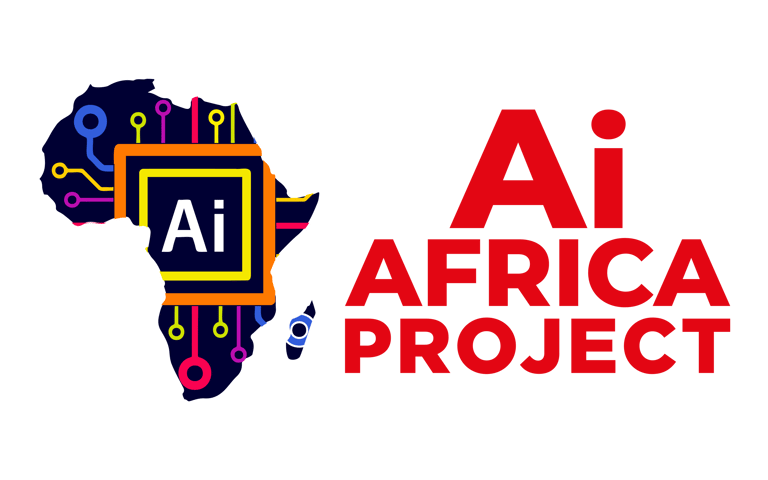Harnessing AI for Renewable Energy Development in Africa: A Focus on Ethanol, Solar, and Wind
5/31/20252 min read


Introduction to AI in Africa’s Renewable Energy Sector
The AIAfrica project is paving the way for a transformative approach to integrating artificial intelligence (AI) into the renewable energy landscape of Africa. With a focus on enhancing ethanol, solar, and wind energy production, this initiative aims to optimize resource utilization and promote sustainable energy solutions across the continent. By leveraging the capabilities of AI, we can significantly improve energy production efficiency, thus supporting Africa’s overarching development goals.
AI in Ethanol Production
Ethanol production represents a critical avenue for renewable energy in Africa, utilizing biomass resources such as corn, cassava, and sugarcane. The integration of AI technologies can enhance both the efficiency and sustainability of this process. For instance, AI-driven analytics can optimize agricultural practices, identifying the best crop varieties and cultivation methods that maximize biomass yield. Additionally, AI can facilitate real-time monitoring of fermentation processes, ensuring optimal conditions and reducing waste during conversion to ethanol.
Solar Energy Optimization Through AI
Solar energy has emerged as a cornerstone of renewable energy development in Africa, with vast potential due to the continent's abundant sunlight. AI can play a pivotal role in optimizing solar energy production. By using machine learning algorithms, AI can predict energy production based on weather patterns, enabling more effective energy management strategies. Furthermore, AI can enhance the maintenance of solar panels by identifying optimal cleaning schedules and predicting potential failures before they occur, ensuring that solar installations operate at peak performance.
Enhancing Wind Energy Efficiency with AI
Wind energy, too, stands to benefit significantly from AI integration. The development of wind farms in Africa can be supported by advanced data analytics to assess wind patterns and optimize site selection for turbines. Additionally, AI can facilitate smart turbine management systems that adapt to changing wind conditions, improving energy output and equipment longevity. Such proactive management promotes not only efficiency but also cost-effectiveness in the deployment and operation of wind energy technologies.
Conclusion: The Future of Renewable Energy in Africa
As the AIAfrica project demonstrates, integrating AI into the renewable energy sector is pivotal for Africa's sustainable development. By focusing on ethanol, solar, and wind energy, we can create a self-sustaining ecosystem that enhances energy production while minimizing environmental impact. The strategic use of AI technologies will not only drive efficiencies but also empower local communities, transform economies, and foster innovation in renewable energy solutions across the continent.
Empowerment
Training youth and women for digital leadership.
CALL / WHATSAPP LINE
+233 559 853 572
© 2025. All rights reserved.
Conclusion: A $6 Trillion Opportunity Powered by AI
A 2023 analysis by the African Development Bank projects that full value chain development across Africa’s natural resource sectors could unlock over $6 trillion in cumulative economic value by 2040. AI will be instrumental in capturing this value through enhanced productivity, precision forecasting, climate resilience, and knowledge transfer.
The AiAfrica Project provides a unique opportunity to position African researchers and innovators at the forefront of this revolution. By establishing dedicated research labs, training centers, and AI deployment strategies across the 50 sectors, Africa can not only leverage its natural wealth but also secure its rightful place in the Fourth and Fifth Industrial Revolutions.
